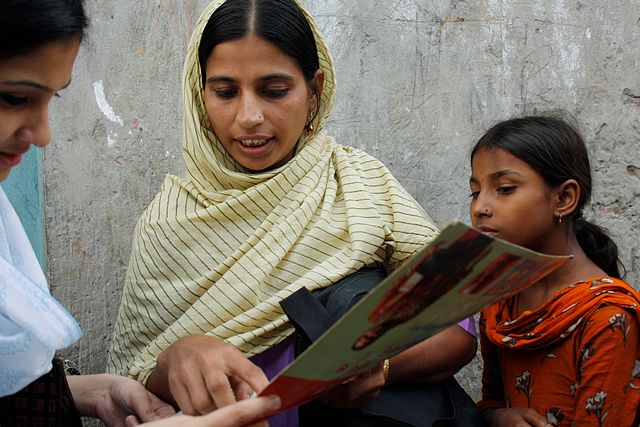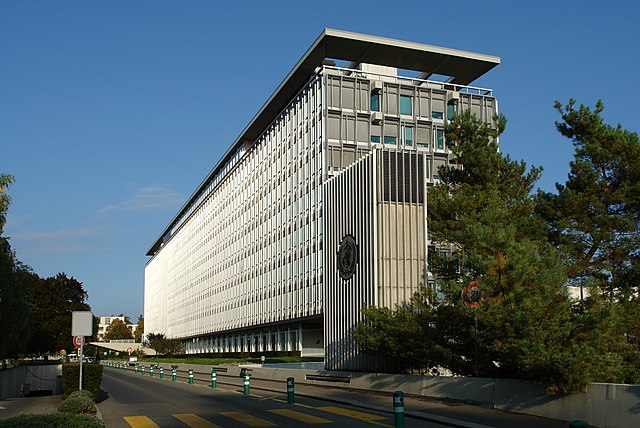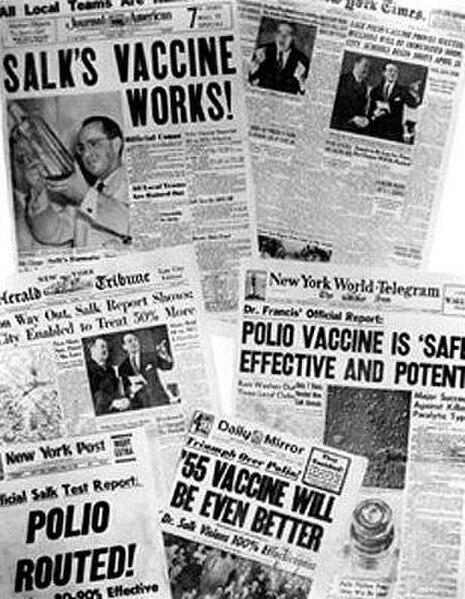Infant mortality is the death of an infant before the infant's first birthday. The occurrence of infant mortality in a population can be described by the infant mortality rate (IMR), which is the number of deaths of infants under one year of age per 1,000 live births. Similarly, the child mortality rate, also known as the under-five mortality rate, compares the death rate of children up to the age of five.
Infant mortality rates are higher in countries with higher economic inequality.
1906 headline imploring parents to attend to the cleanliness of their infants, and to expose them to the "clean air" outdoors
Public health is "the science and art of preventing disease, prolonging life and promoting health through the organized efforts and informed choices of society, organizations, public and private, communities and individuals". Analyzing the determinants of health of a population and the threats it faces is the basis for public health. The public can be as small as a handful of people or as large as a village or an entire city; in the case of a pandemic it may encompass several continents. The concept of health takes into account physical, psychological, and social well-being.
A community health worker in Korail Basti, a slum in Dhaka, Bangladesh
The WHO is the predominant agency associated with global health.
Newspaper headlines from around the world about polio vaccine tests (13 April 1955)
A Public Health Prayer - Dr Edmond Fernandes






